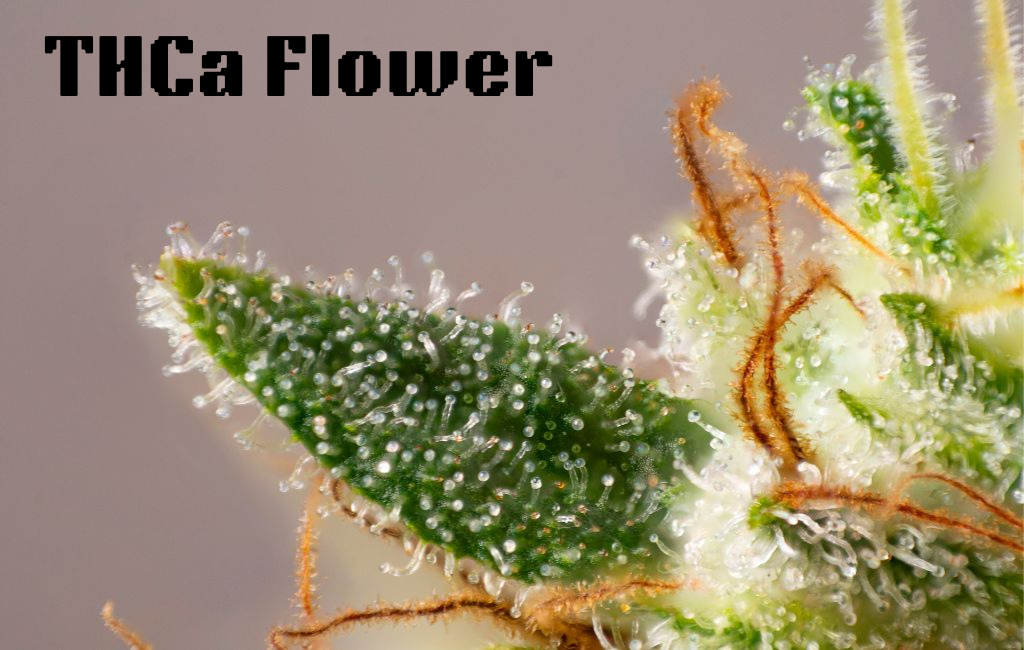-
Table of Contents
THCa Flower: Gentle Healing Power
In recent years, the cannabis industry has seen a surge in interest surrounding THCa flower. This non-psychoactive compound, found in raw cannabis, offers a range of potential health benefits without the high associated with THC. This article explores the gentle healing power of THCa flower, its benefits, and its applications.
Understanding THCa
THCa, or tetrahydrocannabinolic acid, is a cannabinoid found in raw and live cannabis. Unlike THC, THCa does not produce psychoactive effects. When cannabis is heated through smoking, vaping, or cooking, THCa converts to THC, which is responsible for the high. Consuming raw cannabis allows users to benefit from THCa without experiencing psychoactive effects.
Health Benefits of THCa
Research into THCa is still in its early stages, but preliminary studies and anecdotal evidence suggest several potential health benefits:
- Anti-inflammatory Properties: THCa has shown promise in reducing inflammation, making it a potential treatment for conditions like arthritis and inflammatory bowel disease.
- Neuroprotective Effects: Some studies indicate that THCa may help protect brain cells, which could be beneficial for neurodegenerative diseases such as Alzheimer’s and Parkinson’s.
- Anti-emetic Properties: THCa may help reduce nausea and vomiting, which can be particularly useful for patients undergoing chemotherapy.
- Antioxidant Benefits: As an antioxidant, THCa can help combat oxidative stress, potentially reducing the risk of chronic diseases.
Case Studies and Research
Several case studies and research projects have highlighted the potential of THCa:
Case Study: Arthritis Relief
A 2019 case study published in the Journal of Pain Research examined the effects of THCa on a patient with severe arthritis. The patient reported significant pain relief and improved mobility after incorporating THCa into their treatment regimen. This case study suggests that THCa could be a valuable addition to pain management strategies for arthritis sufferers.
Research on Neuroprotective Effects
A 2017 study conducted by researchers at the University of British Columbia explored the neuroprotective properties of THCa. The study found that THCa helped protect brain cells from damage and reduced inflammation in the brain. These findings indicate that THCa could play a role in treating neurodegenerative diseases.
Methods of Consumption
There are several ways to consume THCa flower to harness its benefits:
- Raw Consumption: Eating raw cannabis leaves or flowers in salads, smoothies, or juices preserves THCa in its natural form.
- Tinctures: THCa tinctures can be added to food or beverages for easy consumption.
- Topicals: THCa-infused creams and balms can be applied directly to the skin for localized relief.
Legal Considerations
The legal status of THCa varies by region. In some areas, THCa is legal as long as it is derived from hemp and contains less than 0.3% THC. In other regions, all forms of cannabis, including THCa, may be restricted. It is important to research local laws and regulations before purchasing or consuming THCa products.
Conclusion
THCa flower offers a range of potential health benefits without the psychoactive effects of THC. From reducing inflammation to protecting brain cells, THCa shows promise as a natural remedy for various conditions. As research continues, the full potential of THCa will become clearer, offering new possibilities for those seeking gentle healing options.
